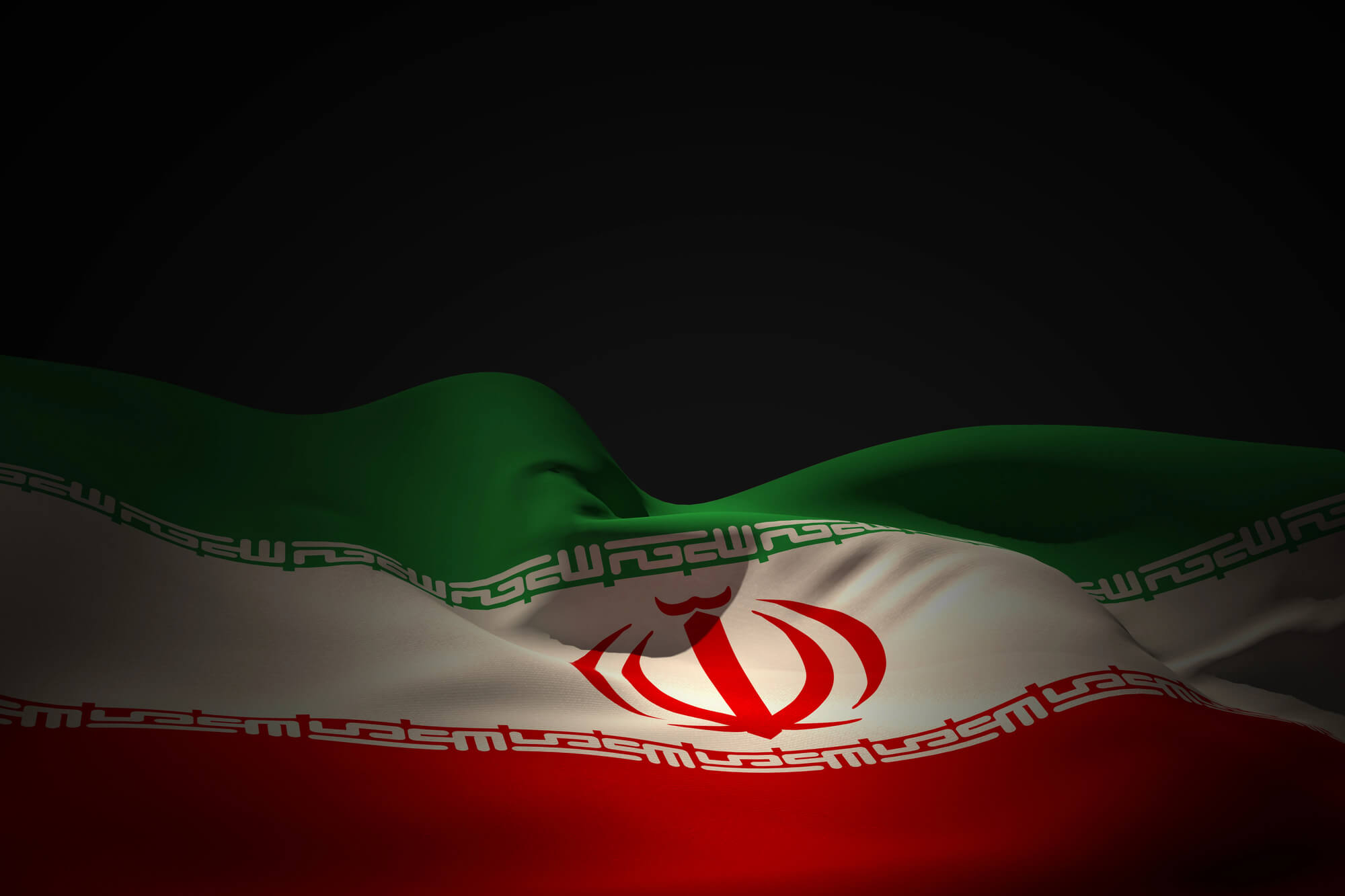Western media and politicians continue to comment on the Ukraine-Russia “peace talks”. Their remarks can be likened to the commentary on a game of chess with speculation about the next possible move, whilst one opponent is beating up the other with a chess board. The comments reveal a lack of basic understanding about the processes in Ukraine.
Few people expect anything acceptable to emerge from these peace talks. The positions of each side are clear: Russia wants unconditional surrender; Ukraine wants its sovereignty. However, the talks are kept going for different reasons. Ukraine needs ‘green corridors’ to evacuate its citizens and looks for even the smallest opportunity for a ceasefire. Russia, on the other hand, uses these talks to once again spread its lies about the ‘neutral status’, ‘demilitarization’ and ‘denazification’ of Ukraine. These would mean the country’s removal from the map.
Some Western observers suggest that Ukraine is ready to make “minor” concessions, but these observers fail to realize that such “minor” concessions in fact mean a loss of sovereignty.
Consider, for example, the issues of ‘neutral status’ or refusing to join NATO. Ukraine’s NATO aspirations are embedded in its Constitution. Implementation of this demand would require the Ukrainian parliament to vote in two consecutive sessions, with ½ the votes in favour in the first and ⅔ of the votes in the second. It would also imply Russia’s ability to influence the Ukrainian Constitution.
The latest Financial Times article cites two other ‘compromises’: “changing the names of streets named after Ukrainian partisans who fought alongside Nazi Germany against the USSR in the second world war” and “rolling back laws limiting the use of the Russian language”. First, the Ukrainian Insurgent Army fought against both Nazi Germany and Stalin’s Russia – in the same way as, for example, did Poland’s Armia Krajowa. Second, the street names are the responsibility of local governments. So, this ‘minor concession’ would allow Russia to influence the decisions of Ukraine’s local councils. Third, the use of the Ukrainian language is defined by law. “Rolling back” would imply Russia impacting Ukraine’s legislation. If that is not loss of sovereignty, then what is it? Besides, Russia started the war against Ukraine for the stated reason of “protecting Russian-speaking people”. While that is clearly a lie, nevertheless helping Ukrainians to switch to their mother tongue would provide even less grounds for this lie (according to pre-war polls, nearly 80% of Ukrainians named Ukrainian as their mother tongue while everyday use of Ukrainian was closer to 50%).
In reality, Russia wants to eliminate Ukraine, while Ukraine wants to exist – so there is no room for any compromise. Instead of searching for signs of compromise, Western media and politicians should focus on two other consequential questions. First, how to help Ukraine win? (Alternatively, how to defeat Russia?)
The answers are well-known: more military support for Ukraine and the toughest possible economic sanctions on Russia, including an energy embargo, Russia’s expulsion from all international organizations, personal sanctions on Russian oligarchs and civil servants etc.
Second, what will happen to Russia after Ukraine wins? One can see several possible scenarios.
Scenario 1: Russia could disintegrate into several independent states. If you think that this is implausible, recall that no one expected the demise of the USSR either (George Bush senior even gave his infamous ‘chicken Kyiv speech’ condemning Ukrainian ‘nationalism’). The fact that Russia has effectively silenced Chechens, Tatars, Buryats and other nationalities does not imply that they are happy inside the “prison of peoples”.
Scenario 2: there could be a coup in Russia. Some of Putin’s ‘inner circle’ may choose to remove him and start negotiations with the West on lifting the sanctions against Russia. If the West accepts this, it will be only a matter of time before Russia attacks Ukraine again. It would inevitably invade in a few years’ time – after rebuilding its army with the help of Western money.
Another scenario is a popular uprising and overthrow of Putin’s regime. This very unlikely scenario will result in chaos in Russia leading to either its breakdown (scenario 1) or to the election of a “new face”, e.g. someone like Navalny. This, in turn, would eventually lead to scenario 2, only in a somewhat more distant future. This stems from the absence of democratic traditions in Russia. While Ukrainian democracy has its roots in the Cossack states of 14-16th centuries, and in the past thirty years Ukraine has protected its democracy in the three revolutions (1991, 2004, 2014), Russia experienced something resembling democracy only in the early 1990s, after which it proclaimed Borys Yeltsin a ‘tsar’ and happily greeted Putin as his de-facto non-elected successor.
Thus, in fact there are only two scenarios on the table: a recurring war and the historically determined demise of Russia. The free world should prepare itself for either of these. Specifically, it should have an answer to the important side question – what to do with Russia’s nuclear arsenal? These questions are truly important. These questions require strategic thinking and some guts rather than being a chicken.
Why not focus on these questions rather than ponder what Ukraine can give up to provide an off-ramp to Putin?
Attention
The authors do not work for, consult to, own shares in or receive funding from any company or organization that would benefit from this article, and have no relevant affiliations




